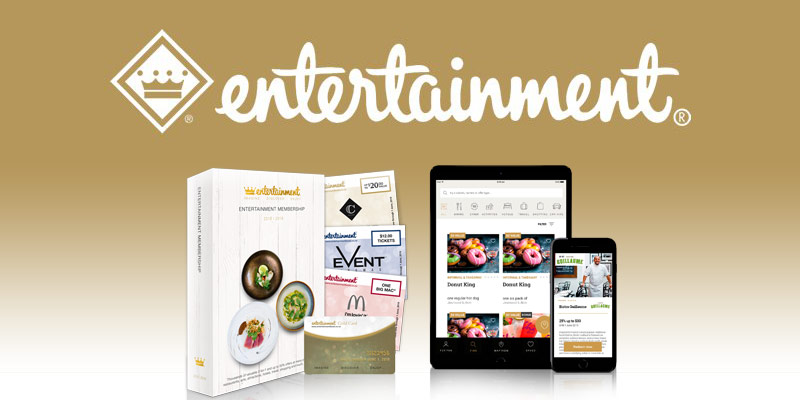Freebies or endorsements? Influencer rebuked for not disclosing free coupons
A recent Ad Standards case against an influencer for not disclosing paid-for content has again drawn attention to the difficulty of policing ad transparency, despite best practice encouragement from industry body AIMCO.
An Instagram post from Sydney-based influencer “Elly’s Life in Sydney” to her 50,000 followers last month raved about the deals available from Entertainment, an app that provides discounts on dining, shopping, activities, and most recently, travel. Formerly known as The Entertainment Book, the brand offers Australians an annual membership fee of $70 to access its coupons.

The Entertainment Book and app

